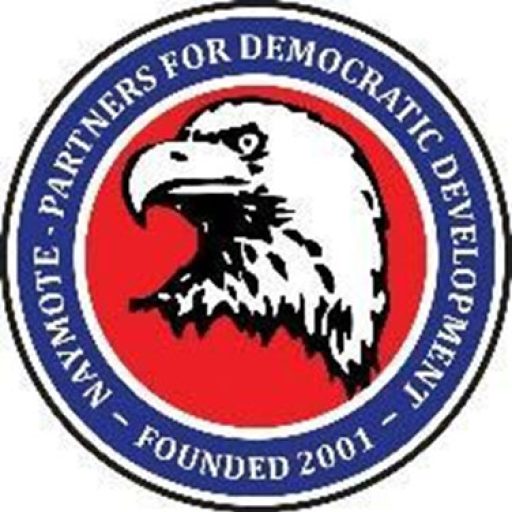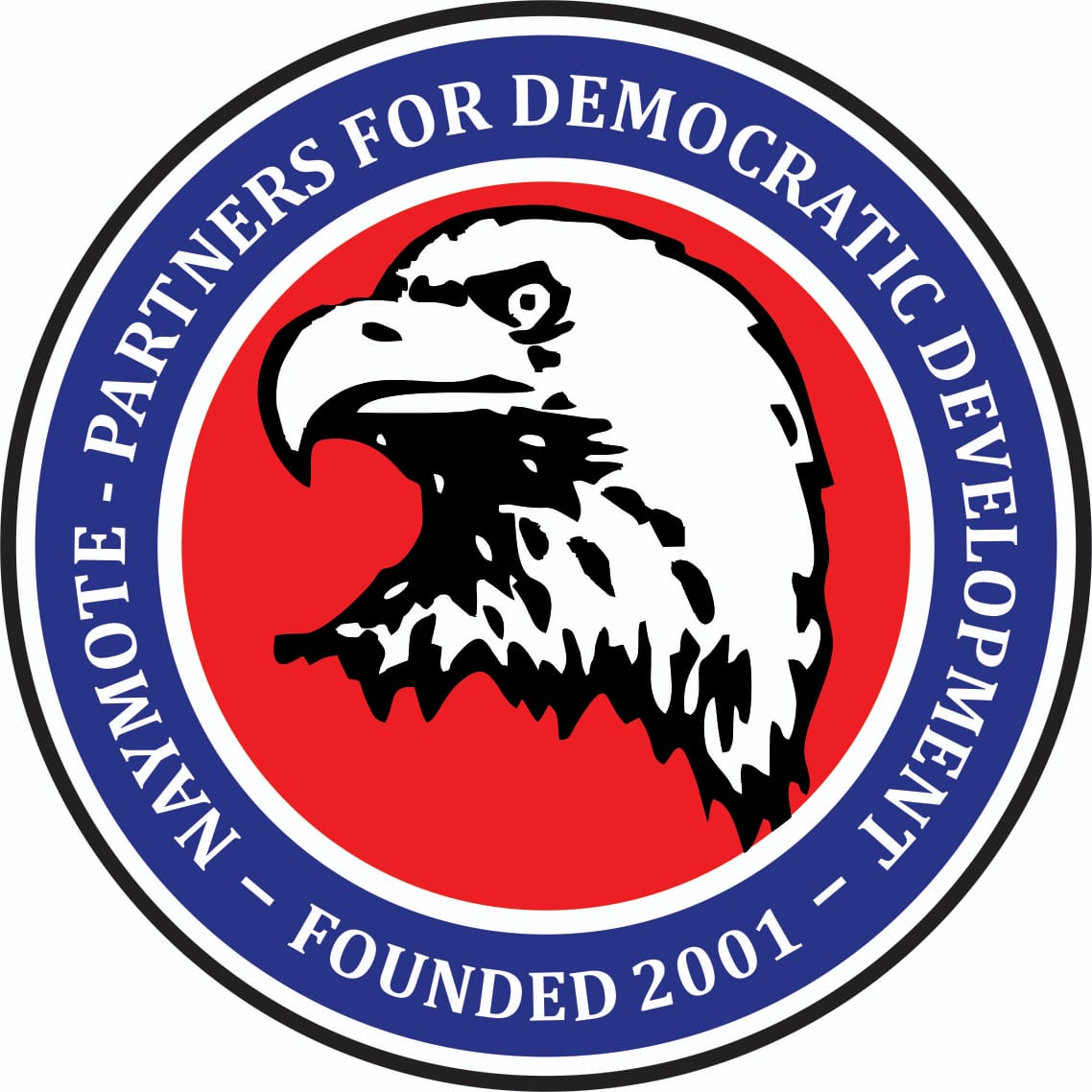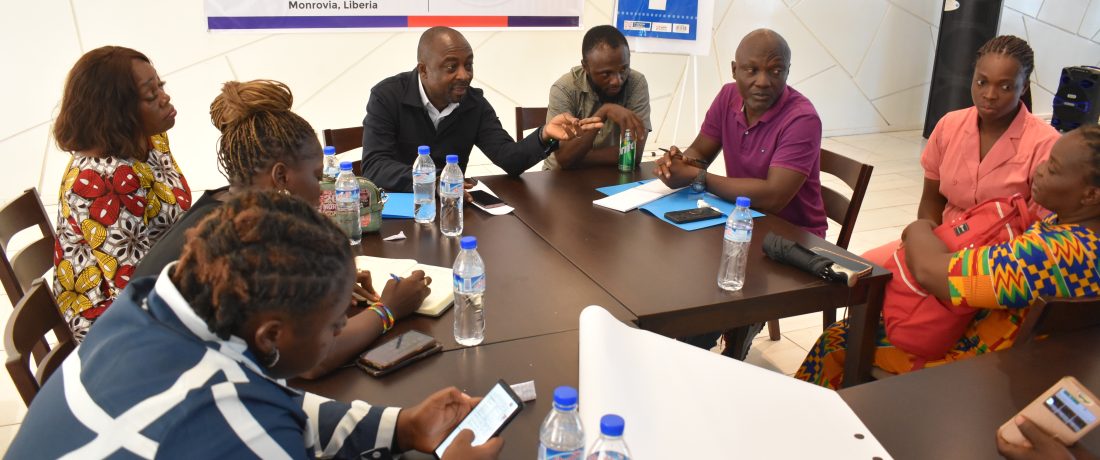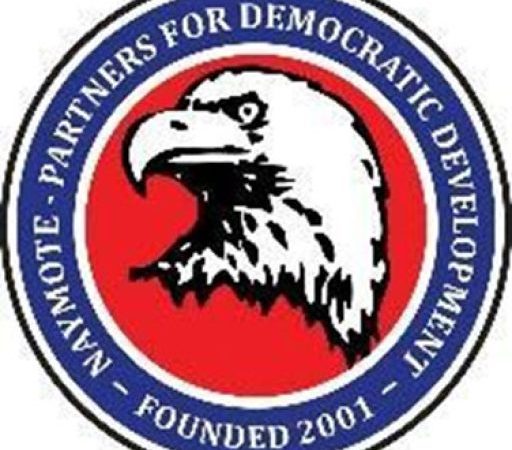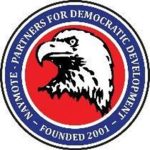The Executive Director for Naymote Partners for Democratic Development, Mr Eddie D. Jarwolo opening statement at the week-long training on Shared Vision and Advocacy for improved Health Care Delivery in Liberia, emphasized the importance of collaboration and teamwork among the coalition partners at the training, stressing that a shared vision is crucial for achieving their common goals. By coming together and aligning their efforts, they can effectively address the health challenges faced by their community.
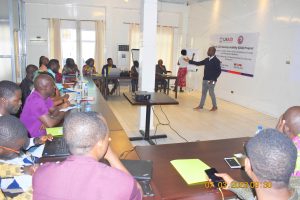 During the workshop, participants engaged in various activities aimed at fostering relationships and understanding each other’s perspectives. They were encouraged to share their experiences, expertise, and ideas openly, creating an environment of trust and mutual respect. Through this process, they could identify common values and aspirations that would form the foundation of their shared vision.
During the workshop, participants engaged in various activities aimed at fostering relationships and understanding each other’s perspectives. They were encouraged to share their experiences, expertise, and ideas openly, creating an environment of trust and mutual respect. Through this process, they could identify common values and aspirations that would form the foundation of their shared vision.
Defining the roles and responsibilities of each coalition partner was another key aspect of the workshop. By clearly outlining what each organization brings to the table, they could leverage their unique strengths and resources for maximum impact. This would ensure that everyone had a clear understanding of their contributions and how they fit into the larger picture.
Furthermore, Jarwolo highlighted that effective communication and coordination were essential for maintaining a strong coalition. Regular meetings, progress updates, and feedback. This training will be crucial for the health CSOs as it will equip them with the necessary skills and knowledge to effectively engage in health advocacy. By learning about strategy development, they will be able to identify key areas where their efforts can have the most impact and develop targeted approaches to address these issues. Policy engagement is another important aspect that the participants will learn during the workshop. They will understand how policies are formulated and implemented, and how they can actively engage with policymakers to influence decision-making processes. This will enable them to effectively advocate for policies that prioritize gender and social inclusion, ensuring that marginalized groups are not left behind.
Budget training on gender and social inclusion is also a significant component of this workshop. Participants will gain insights into how budgets are allocated and how they can advocate for equitable distribution of resources. By understanding budgetary processes, they will be able to make evidence-based arguments for increased funding towards programs that address gender and social inequalities in healthcare.
